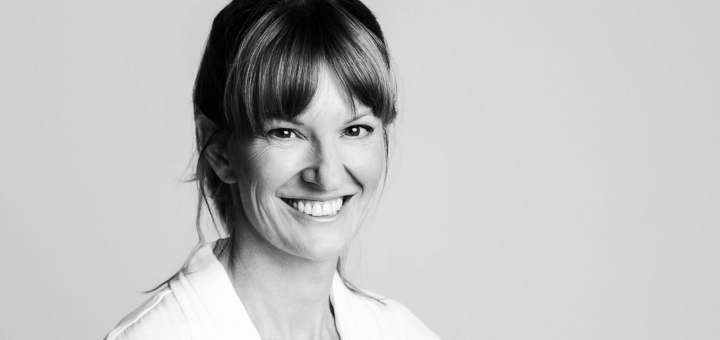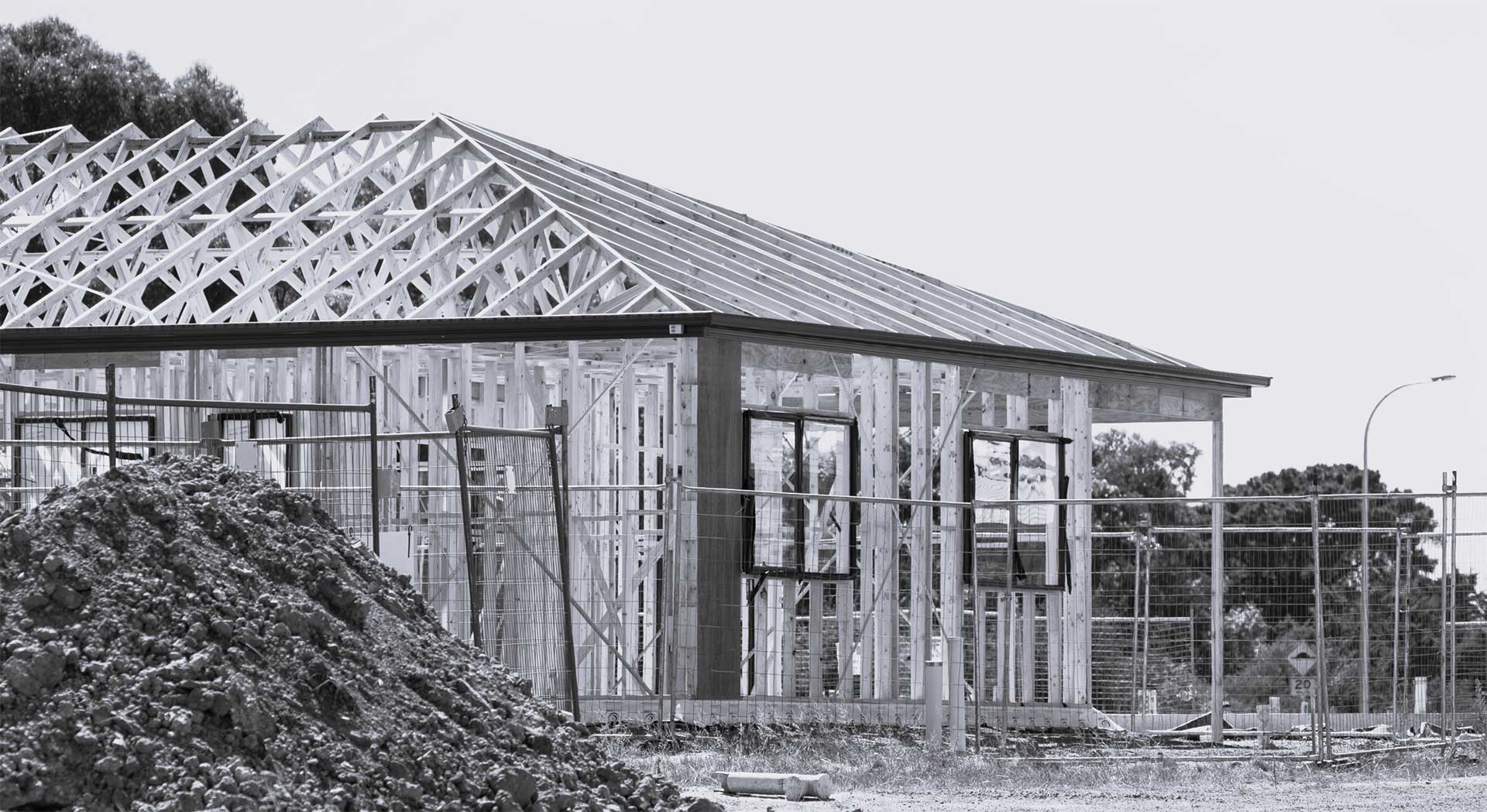Picture a small New Zealand council (population 40,000), blessed with magnificent natural beauty and history, but challenged with government centralist policies, a stuttering economy and an ageing population.
That was Whanganui when the council first looked to a digital strategy to drive a renaissance of the district more than a decade ago. The changes in Whanganui were never just about business and the economy though. A digital strategy puts social connections and inclusiveness first, supporting community cohesion and empowerment.
Recently, Whanganui won international recognition as the world’s top Intelligent Smaller Community (with the Australian City of Armidale also placing in the top ten). Whanganui’s situation mirrors many, if not most councils, throughout New Zealand and Australia, yet the community is finding ways to graft new opportunities by actively adapting to the digital economy.
Instead of consigning themselves to a fight for a share of internal migration against other like councils, Whanganui has lifted its sights to eye the global stage of niche opportunities.
What does that mean?
Working smarter for one thing. Whanganui’s digital strategy has rolled out a raft of initiatives:
- Whanganui fought for the early installation of fibre in the district. Ultrafast launched in 2015 (via a government grant)
- Remote areas were not forgotten with an aggressive push to get the rural community connected to fixed wireless
- Partnering with Inspire Net, free wifi around Whanganui city was connected through the CCTV network
- organising a separate network to be built in Whanganui for the internet of things (IoT)
- Digital Journey – an online hub which assists businesses to gain an understanding of the opportunities online technology offers
- A Computer Clubhouse –a creative, safe, out-of-school learning place where young people from our community work with adult mentors to explore their ideas, develop new skills, and build confidence through using technology and music.
- Whanganui has one of the best Computers in Homes programmes in New Zealand, with over 1,100 Computers in Homes families graduating in the last decade
- GovHack – a partnership forum for capturing the power of open data to build a better democracy and a more transparent government and society was a huge success
- Three technology expos showcasing new technological solutions were run to support business and community agencies
- Council partnered with The Mind Lab to run postgraduate courses for teachers on digital and collaborative learning
Marianne Archibald, now CEO of Whanganui’s Chamber of Commerce, worked with Whanganui District Council and led the genesis of the first digital strategy. Marianne has championed the commitment to the ICF initiative as a learning opportunity on a grand scale.
In a recent Whanganui Chronicle article she said
“One of the best aspects of the ICF application process was that we had to talk to each sector and find out what they were doing. This meant we connected with education, business and government, including looking across council departments where some really cool technology was being implemented. It’s called the triple helix model and it’s really hard to do but the rewards on a community level are massive.”
Looking to the future, Archibald said Whanganui
“should definitely still be working to understand how technology could disrupt our businesses and how we prepare for that, how we design our education to provide the best opportunities for young and old alike, how we create the conditions that foster innovation in the region and how we make sure that a whole section of our community isn’t disadvantaged through being unable to afford to connect.”
The .id connection
The “Small Places, Big Ambitions” list of the top ten Smaller intelligent Communities was rounded out by one Australian, four Canadian and four American communities. Armidale, in New South Wales (population 23,352) was the Australian Council.
Coff’s Harbour, Ipswich, and Sunshine Coast also achieved placings in the larger council categories. All Australian and New Zealand councils are .id clients and we are thrilled and congratulate these councils. Their commitment and achievements mirror our own goals of the development of a good society where everyone has access to housing, education, employment, social & political inclusion, culture, health, recreation and information.
For the rankings of the top international Smart Communities according to category size, visit the Intelligent community form page.
About the Intelligent Community Forum
The Intelligent Community Forum (ICF) is an international think tank which helps communities adapt to a digital economy.
Each year it selects the 21 cities from its membership which best demonstrate the forum’s mission. Whanganui has been named in the top 21 every year since 2013 and in 2016 was placed in the top seven.
This is the first time it has topped the rankings.
The ICF “By the Numbers” series, which covers communities with populations ranging from less than 50,000 to more than a million, is a guide to the relative strengths of communities in the ICF network. It incorporates results from the Smart21, Top7 and Intelligent Community of the Year evaluations.









